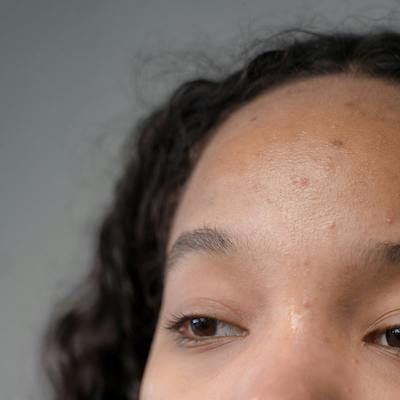Video
Dupilumab, Biologics for the Youngest Atopic Dermatitis Patients
Author(s):
The agent may become approved this year for children aged 6 months to 5 years old. Amy S. Paller, MD, discusses what impact it could bring.
Later this year, the US Food and Drug Administration (FDA) will decide whether to approve Regeneron’s dupilumab (Dupixent) for the treatment of moderate to severe atopic dermatitis in children aged 6 months to 5 years old.
If approved, the interluekin 4 and 13 (IL-4, IL-13) inhibitor biologic would become fully approved for all pediatric and adolescent age groups; it would also be the first of its class to receive approval for the youngest possibly treated atopic dermatitis patients.
Its impact at that level may be greater than anticipated.
In the second segment of an interview with HCPLive during the American Academy of Dermatology (AAD) 2022 Annual Meeting in Boston, Amy S. Paller, MD, Chair of the Department of Dermatology at Northwestern Feinberg School of Medicine, discussed the potential real-world utility of dupilumab in the youngest pediatric atopic dermatitis indication.
“Although the trials didn’t have a lot of children over the age of 2, that really reflects what we see—because we don’t like to start children at all in that age group on a systemic unless we’ve given an adequate trial to the topical steroids, because sometimes just good management totally turn things around for the child and family,” Paller said.
For young children who are unable to respond to standard disease management care, dupilumab could “change their lives,” Paller said—outcomes in neuropsychiatric burdens, type 2 inflammatory disease progression, and risk of developing atopic diseases could be possibly evaded if agents like dupilumab effectively treat early atopic dermatitis.
In fact, Paller noted, many diseases linked young patients with atopic dermatitis—asthma, allergic rhinitis, food allergy, among others—are either treated by or being investigated for treatment by dupilumab.
“It will be important for us to be trying to gauge, finally, if we have to start something early because the atopic dermatitis is that severe, whether it will also change life in other ways,” Paller said. “It will be very difficult to know because we can’t just start these drugs preventively ,even before one gets atopic dermatitis or from the very beginning, without giving adequate trials—which can be months and months—to topical steroids.”





